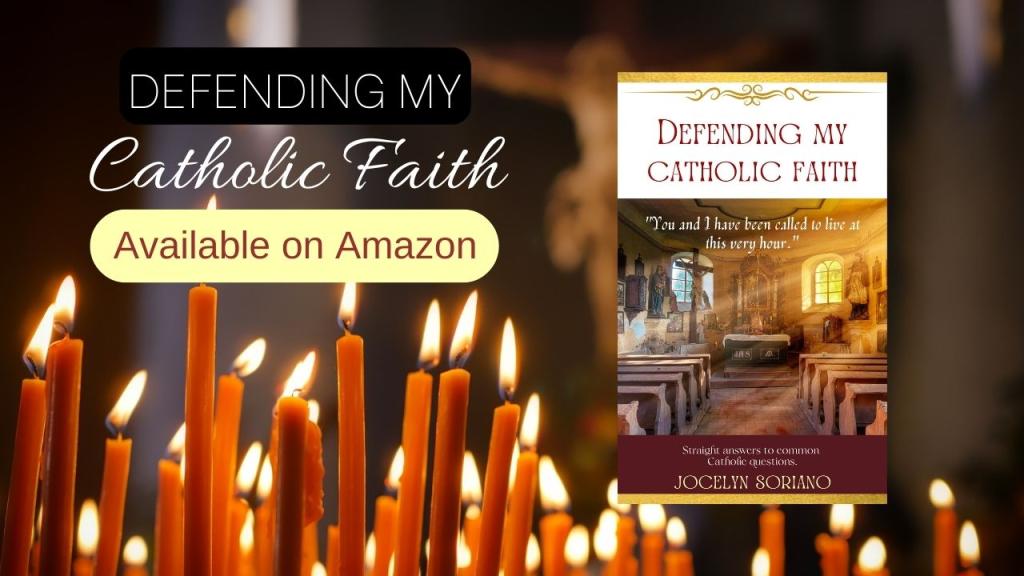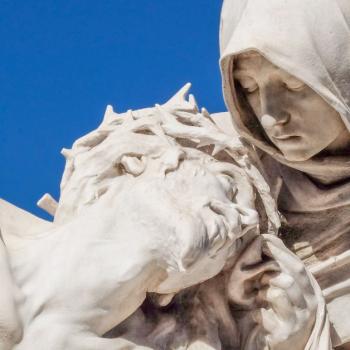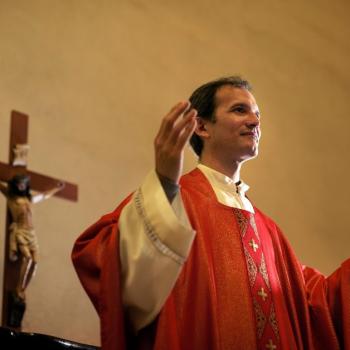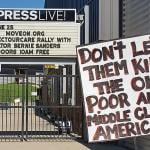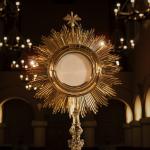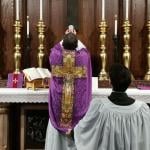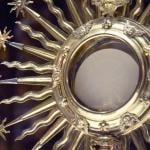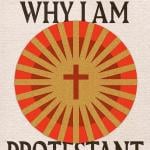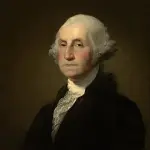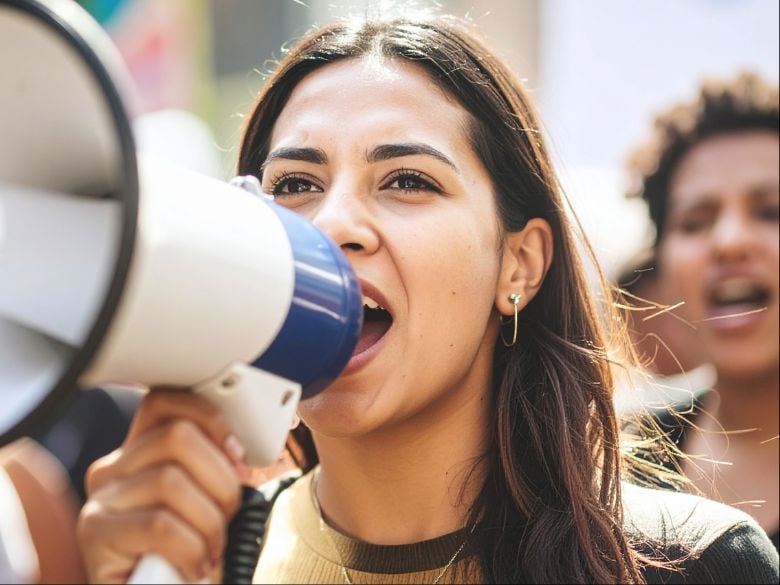
In today’s secular world, we often hear people say that the Church should stay out of politics. After all, isn’t there a clear separation between Church and State?
“The Church has no right to interfere in government affairs.”
“Priests should focus only on spiritual matters.”
“We live in modern times.”
Those were just some of the complaints of those who feel that the Church is overstepping the boundaries when it comes to politics.
On the other hand, Christian believers often fear the kind of world ours would become without the intervention of the Church.
“It is the Church’s duty to speak about what is right.”
“We can’t just be silent while the morality of the world collapses.”
“It’s a sin to tolerate evil.”
Even during Jesus’ time, the people were already very much concerned with this kind of dilemma.
“Teacher, we know that you are a truthful man and that you teach the way of God in accordance with the truth. And you are not concerned with anyone’s opinion, for you do not regard a person’s status. Tell us, then, what is your opinion: Is it lawful to pay the census tax to Caesar or not?” – Matthew 22:16-17 (NABRE)
To such a question, Jesus replied:
“…repay to Caesar what belongs to Caesar and to God what belongs to God.”
– Matthew 21:22 (NABRE)
And while these verses are specifically about paying taxes, they also say so much about our problem regarding the separation of the Church from the State.
What do we give to the State? Those things that we ought to give to the government. What do we give to the Church? Those things that we should offer to God.
Here is what the Church document Gaudium et Spes says:
“The Church, by reason of her role and competence, is not identified in any way with the political community nor bound to any political system. She is at once a sign and a safeguard of the transcendent character of the human person.”
Our confusion comes from our inability to tell which things belong to God and which we ought to render to the State. It is also easier to take up one side than to weigh the roles that the Church and the State should fulfill.
Here are the important things we must consider:
1. The Separate Roles of Church and State
The State is responsible for managing the affairs of the government, including tasks on implementing laws and regulations, maintaining peace and order, protecting the common good, upholding human rights, allotting the budget for the State’s projects and providing other vital services for its citizens.
Meanwhile, the Church is tasked with carrying on the mission entrusted by Jesus Christ. This includes evangelization, works of charity, administering the sacraments and providing spiritual guidance for salvation.
2. The Limitations of Each Role
While the State can make laws and enforce them, it should not implement laws that are against the dignity of the human person. While not identifying itself with any religion, it should act in accordance with morality and uphold justice and freedom, protecting the rights of its citizens.
“Human law has the nature of law in so far as it partakes of right reason…But in so far as it deviates from reason, it is called an unjust law, and has the nature, not of law but of violence.”
– Thomas Aquinas (Summa Theologiae, Question 93)
On the other hand, the Church should avoid being reduced to another political party. Instead of directly exerting power to control the government, she should voice her concerns regarding moral truths to guide those who are authorized to administer government affairs.
“The Church cannot and must not take upon herself the political battle to bring about the most just society possible. She cannot and must not replace the State. Yet at the same time she cannot and must not remain on the sidelines in the fight for justice. She has to play her part through rational argument and she has to reawaken the spiritual energy without which justice, which always demands sacrifice, cannot prevail and prosper. A just society must be the achievement of politics, not of the Church. Yet the promotion of justice through efforts to bring about openness of mind and will to the demands of the common good is something which concerns the Church deeply.” – Pope Benedict XVI (Deus Caritas Est)
Clarification on the Role of the Church When It Comes to Politics
1. The primary role of the Church is spiritual and not political
“But our citizenship is in heaven, and from it we also await a savior, the Lord Jesus Christ.” – Philippians 3:20 (NABRE)
2. Although the Church is separate from the State, the Church is free to voice its concerns in matters of moral truth
“It is a part of the Church’s mission ‘to pass moral judgments even in matters related to politics, whenever the fundamental rights of man or the salvation of souls requires it. The means, the only means, she may use are those which are in accord with the Gospel and the welfare of all men according to the diversity of times and circumstances.’” CCC 2246
3. The Church recommends obeying leaders and praying for them, recognizing their God-given responsibilities
“Let every person be subordinate to the higher authorities, for there is no authority except from God, and those that exist have been established by God.” – Romans 13:1 (NABRE)
4. In areas where the government fails to uphold just laws, the Church stands with Christ and undertakes to obey God, rather than men
“But Peter and the apostles said in reply, ‘We must obey God rather than men.’” – Acts 5:29 (NABRE)
Conclusion
The main purpose of the Church is not politics but the eternal salvation of man. However, it cannot remain silent in matters involving morality. It must remain a beacon of truth, light and hope, inviting everyone to come to Christ, the source of all that is good.
“An authentic faith – which is never comfortable or completely personal – always involves a deep desire to change the world, to transmit values, to leave this earth somehow better that we found it… If indeed ‘the just ordering of society and of the state is a central responsibility of politics’, the Church ‘cannot and must not remain on the sidelines in the fight for justice’. All Christians, their pastors included, are called to show concern for the building of a better world. This is essential, for the Church’s social thought is primarily positive: it offers proposals, it works for change and in this sense it constantly points to the hope born of the loving heart of Jesus Christ.” – Pope Francis (Evangelii Gaudium)
You may also want to read “How Do You Live as a Catholic in a Godless World?”
Jocelyn Soriano is a freelance writer and the author of Defending My Catholic Faith. “You and I have been called to live at this very hour.” Do you have questions or doubts about the Catholic faith?


